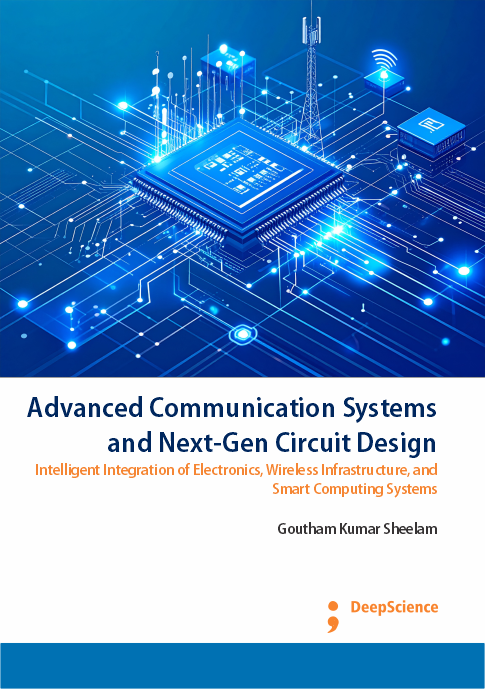Reprogrammable logic and FPGA-driven adaptability in next-generation systems
Synopsis
In the past twenty years, there was increasing focus towards the development of post-Moore generations of systems. These early Adaptive Architectures were mainly driven by the necessity to move from the typical static processing model towards a new more dynamic paradigm, able to appropriately deal with in-memory processing, heterogeneous approaches, and novel intermediate levels of processing like processing at the edge. During this exploration, an increasing number of possible innovative solution directions emerged. These potential solutions partner along an explicitly interdisciplinary interaction front, by combining architectures and systems, methods and algorithms for the design and its development, and the algorithms and frameworks that guide applications’ impact along their life-cycle.













